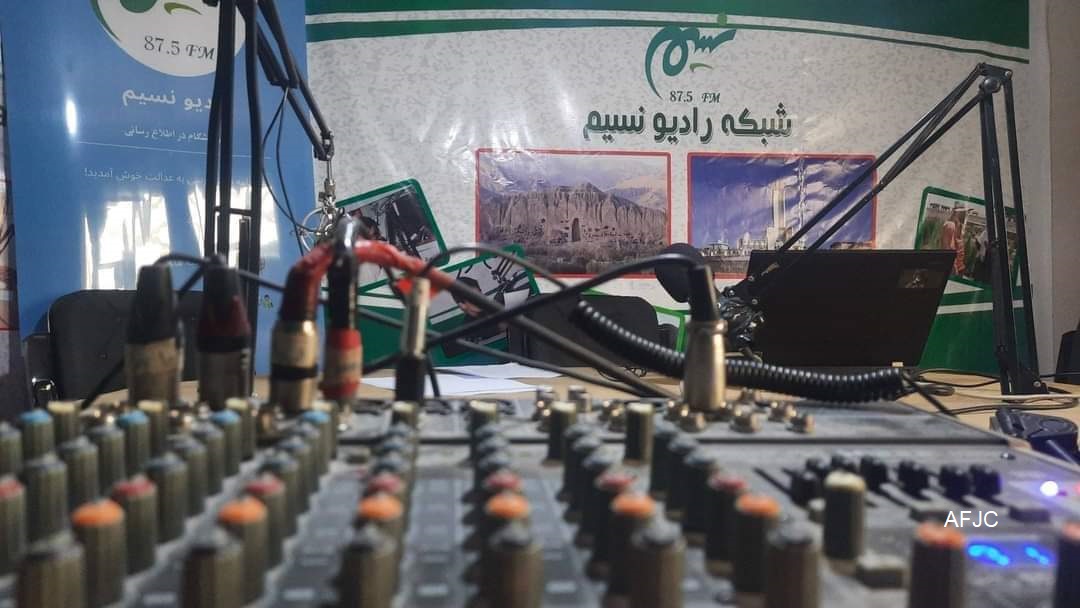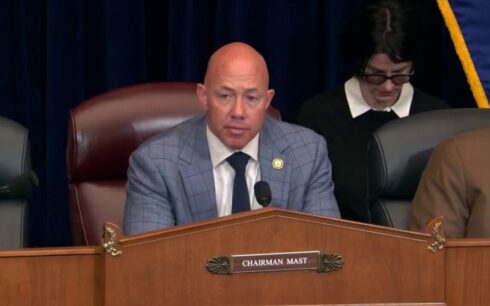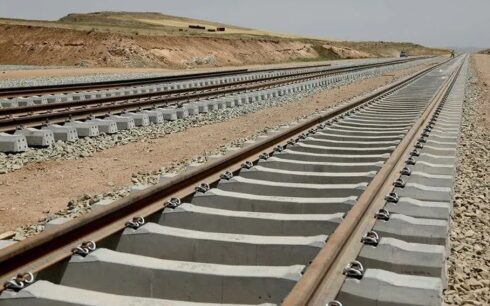KABUL — The Afghanistan Journalists Center, AFJC, on Thursday raised concerns over unprecedented restrictions on radio stations across the country, warning that Taliban have intensified their crackdown on independent media since returning to power.
In a report marking World Radio Day on February 13, the organization stated that at least seven radio stations have been shut down over the past year due to direct Taliban orders or mounting restrictions, while several radio journalists remain behind bars.
The Afghanistan Journalists Center noted that while the Taliban claim to uphold the Media Law enacted under the previous government and are working on amendments, their policies toward the press are largely dictated through executive orders and directives, many of which contradict the existing law.
According to the report, Taliban authorities have issued at least 22 directives over the past three years, imposing stricter control over radio broadcasts.
According to AFJC, these include banning women from working at the state-run National Radio, prohibiting music and interviews with opposition figures, increasing direct and indirect monitoring by intelligence agencies and the Ministry for the Promotion of Virtue and Prevention of Vice, and threatening and detaining journalists who do not comply with Taliban censorship.
The crackdown has forced some journalists into exile, while others continue working under increasing surveillance, the AFJC said.
The restrictions on women working in media have become even more severe. The report found that Taliban officials in some provinces have ordered private radio stations to stop airing women’s voices altogether, required female journalists to work from home, making direct reporting impossible, and banned women from calling into radio programs to share opinions or ask questions.
Additionally, the Taliban have made license renewals difficult, particularly for stations owned or managed by women, placing them under financial and bureaucratic pressure.
The Afghanistan Journalists Center has called on the Taliban to reverse their restrictive policies, respect the freedom of the press, and release detained journalists. The group also urged Taliban officials to allow shuttered radio stations to reopen and to support independent media in line with Afghanistan’s Media Law.
Meanwhile, Taliban officials deny allegations of suppressing the press. Habib Ghaffar, a spokesperson for the Taliban’s Ministry of Information and Culture, said on Thursday that 33 radio stations have received new operating licenses since the group took power. However, media watchdogs say these licenses are mostly issued to Taliban-affiliated broadcasters, while independent journalism continues to face severe repression.





